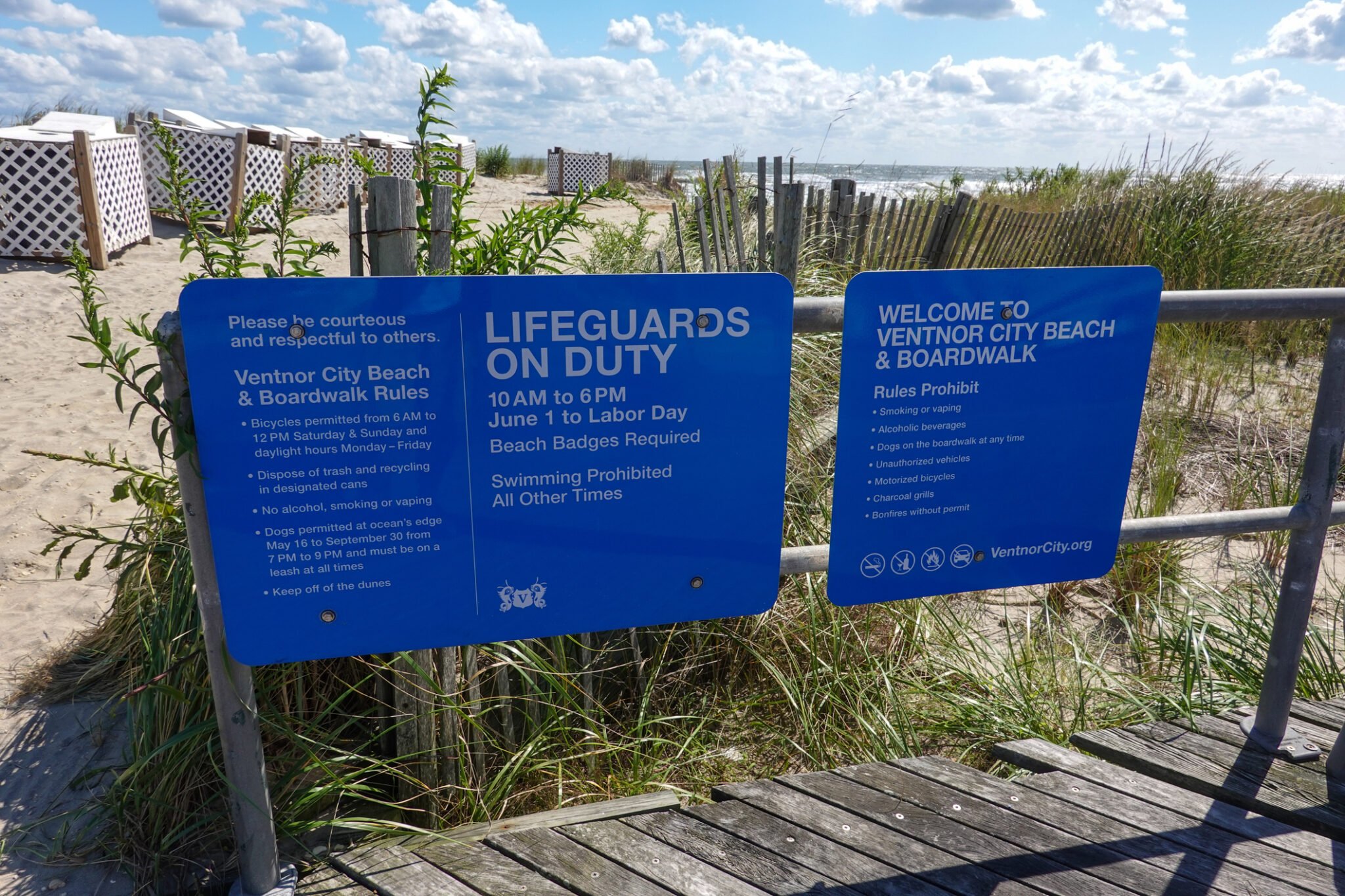Trenton, New Jersey. A new bill that has been presented in the New Jersey Legislature would force municipalities that charge for use to public beaches to provide comprehensive financial details.
As required by the state’s Municipal Land Use Law, the proposed law requires cities with municipally owned beaches to include a complete accounting of beach-related revenues and expenses in their public access plans.
An itemized budget of actual expenditures from the previous beach season, total revenues received, a predicted cost breakdown for the upcoming season, and an explanation of the use of any excess revenue are the four main disclosures that the bill specifically requests.
For locals and tourists who pay beach tag fees—which in certain municipalities may vary from a few dollars per day to more than $100 every season—the move seeks to improve transparency.
If approved, the financial information would have to be included in the public access plan files that towns submit to the New Jersey Department of Environmental Protection for approval.
Beach expenses and excess use would be disclosed by municipalities.
Towns are allowed to charge for beach access under existing state law, but they are only required to utilize the money for beach management-related activities, safety measures, and upkeep. Occasionally, detractors have expressed worry about the absence of monitoring over the use of beach tag money.
This law focuses on public accounting of such monies rather than changing municipalities’ capacity to impose levies.
Towns having surplus revenue would have to provide an explanation of their spending plans. Although the bill does not specify particular applications, this could be reinvestments in public amenities, environmental preservation, or coastal infrastructure.
As of Thursday, no opposition to the bill has been declared. A committee has not yet been assigned to hear the legislation or conduct additional review.




